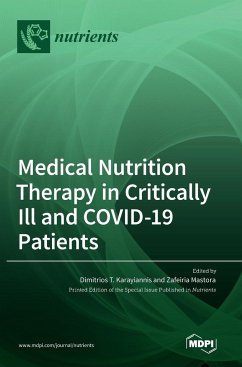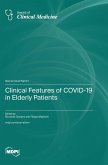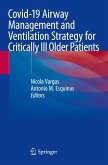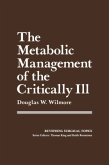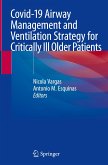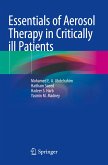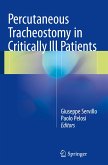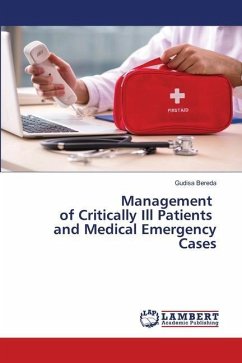The recent COVID-19 pandemic, which resulted from SARS CoV-2 coronavirus infection, contributed to a rapid increase in hospital and intensive care unit (ICU) admissions. Although during the last 3 years there have been numerous research publications on patient care, data concerning the role of the dietary approach in the overall treatment of the disease are minimal. Moreover, with regard to the dietary approach during COVID-19 critical illness, practice guidelines are still based on data which were developed too quickly and were based on targeted recommendations on feeding the critically ill. Since then, new sources of data have emerged, which clearly display significant nutritional challenges. Why are we so interested in providing individualized nutritional therapy to critically ill patients with COVID-19? Bevause these patients tend to exhibit a significantly greater length of hospital stay, and a higher risk of developing muscle weakness, malnutrition and functional loss. Are there any data on best nutrition support practices? Unfortunately, there are no data from randomized clinical trials, with the exception of some micronutrient supplementation studies with immunomodulating actions. So, the key concept identified in this Special Issue was that optimizing dietary practices for patients both during their ICU stay and beyond is crucial. Clinicians should be capable of managing their patients both during their hospitalization and rehabilitation phase, in order to ensure continuous care and to minimize the susceptibility of adverse events due to malnutrition.
Hinweis: Dieser Artikel kann nur an eine deutsche Lieferadresse ausgeliefert werden.
Hinweis: Dieser Artikel kann nur an eine deutsche Lieferadresse ausgeliefert werden.

